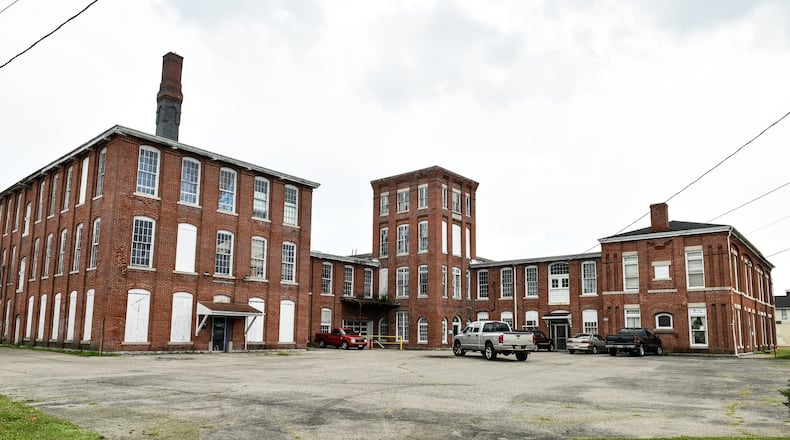The developer wants the city to buy the property for $650,000 and hold it while Bloomfield/Schon seeks national and state historic tax credits and a new type of incentive called Transformational Mixed Use Development Credits. If the developer lands those credits, the city would sell the property to the developer for $1. Smith in a report to council said the project would improve what now is a four-acre eyesore in a key Lindenwald area.
The city also would pay the developer a $695,000 grant once the property is transferred, under the proposed deal.
If the developer weren’t able to receive the historic tax credits, the city could pay $1.5 million to make up for that, possibly using federal American Rescue Plan Act funds, although, “they have never not received a historic tax-credit grant once they’ve applied for it,” Smith said.
Smith noted Lindenwald is the most populous of the city’s 17 neighborhoods and has Hamilton’s third-largest business district, after the downtown and Main Street business corridor.
“We believe it’s time to start putting some resources into Lindenwald,” Smith said.
About the Author

